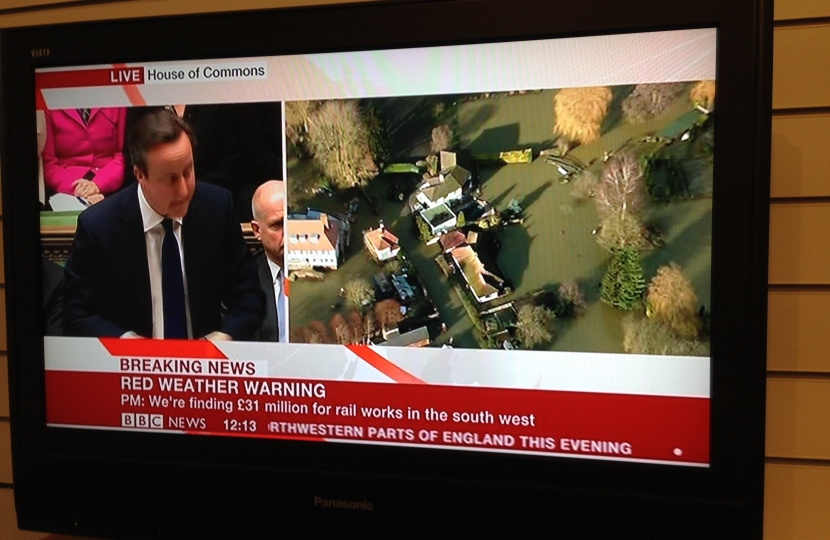
Every week I publish my very own Kev's Column online, this week I take a look at the recent debate around Prime Minister's Question Time:
It is a session that those in politics will either love or loathe, the weekly parliamentary session where the Prime Minister is questioned by MPs.
It is an essential role of Parliament to hold the Prime Minister to account, yet the Hansard Society annual examination of public engagement was pretty clear on what the public think of the weekly session.
Almost half (47%) said it was "too noisy and aggressive" and by a majority of 33% to 27% those taking part stated that it put them off politics, with more than two thirds saying there was " too much party political point-scoring instead of answering the question. In short the most high profile session of the week makes only 12% feel “proud of our Parliament".
There is a lot to dislike about the current set up of Prime Minister's Questions, regularly shortened to PMQs. I rarely watch it myself as much of the knock about politics it contains are of no interest to me. Too often “questions” are asked where the MP knows the answer already and is doing it for point scoring, not inquisitorial, reasons. The heckling and laughter can hide the fact that serious issues are being discussed and an MP making hand gestures or pulling faces is unlikely to convince most voters they have a coherent plan for the future.
Prime Minister's Question Time is about the only session of Parliament virtually guaranteed coverage in the media, mostly due to the very cut and thrust the public say they dislike. In recent years the Prime Minister has appeared for a longer, and arguably more constructive, session in front of Commons Committee Chairmen. This allows for detailed probing of issues and produces a serious debate, but very rarely will you see it covered in the media.
PMQs ensures any Prime Minister is regularly tested on their knowledge of issues ranging from international affairs to constituency concerns. It is also a chance for the Leader of the Opposition to hold the Government to account. They are guaranteed six questions, which can be used as they see fit. Usually they will opt for two sets of three questions, but it is possible to use all six in one go. Whilst rarely done the ability to ask the Prime Minister six questions in a row on an issue is a strong weapon in the hands of the opposition.
Whilst the snippets of PMQs shown on the evening news normally reflect the least popular aspects, many of the questions asked are from MPs looking for the Prime Minister's support on a constituency issue or raising an issue of genuine concern. There are also times when a degree of consensus is present as the opposition may raise an issue where they know the Prime Minister is inclined to act, but they wish reassurance on a point before offering support from the Labour benches.
Its high profile and live television coverage means that PMQs regularly sees one of the saddest duties performed, that of the Prime Minister paying tribute in the house to those in the armed forces who have recently given their lives in service of our country. It does act as a reminder that for all the pantomime of some parts of parliamentary life real issues of life or death are decided by those who take part.
For all its faults PMQs is a long standing part of our democracy and it would weaken parliament if it disappeared, despite the clear view of it expressed in the Hansard Society Survey. That said as someone who believes the public deserve serious debate, there are changes which would be welcome. These include reducing heckling and cutting the number of planted questions.
Yet in all this it is worth noting that the vast majority of parliament's time is not spent debating in the way MPs do at PMQs. Select Committees look at issues in depth, bills are scrutinised and debates held that do reflect a serious approach to doing the business. The problem is very few are watching when they do.
If you want to find out more about the way Parliament works you can visit the website by clicking here
